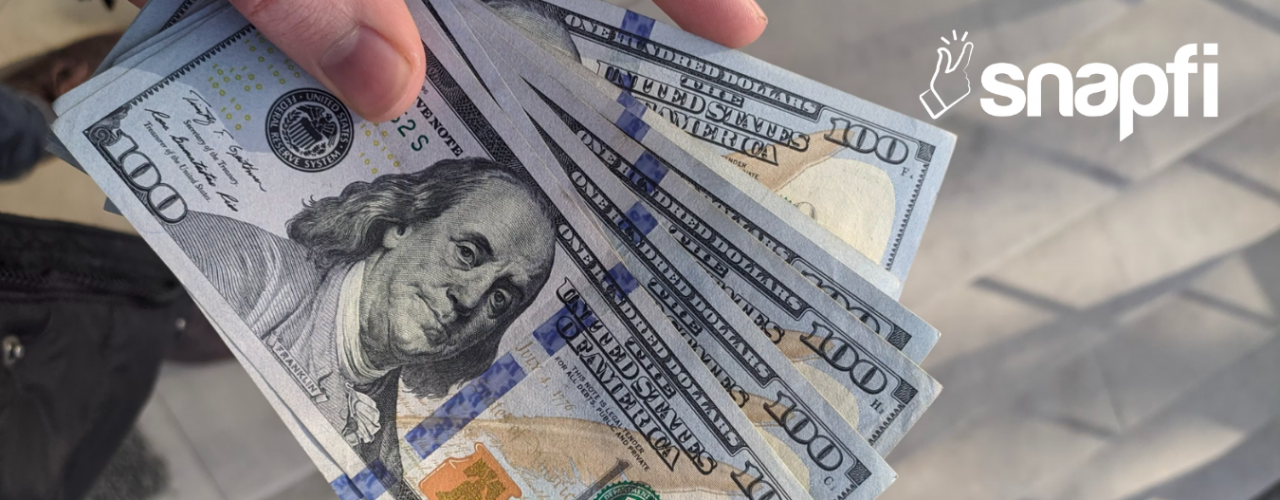

The immediate benefits of inflation to everyday people are less tangible than the drawbacks — you feel the sting of your grocery bill and the gut-punch of filling up your gas tank. Less palpable but still significant is the dwindling burden of your debt.
“If you’re borrowing at a fixed rate, like a 30-year mortgage, then you’re a winner as inflation goes up. We often think of a 30-year mortgage as an inflation hedge.”
In other words, the cost of your mortgage is holding steady, while the amount of money you have to pay for it is going up. It’s not a perfectly synchronized event, of course: Wages don’t go up immediately with inflation, but eventually they do!
Mortgages, the vast majority of which are fixed-rate 30-year loans, make up nearly $11 trillion worth of America’s current record-high $15 trillion in debt. Meanwhile, wages are rising along with prices, essentially shrinking the real value of that debt. The same inflation benefit applies to anyone paying off federal student loans, which also have a fixed interest rate. As your income increases, you’re essentially getting a discount on what you have to repay.
So far, wage growth broadly hasn’t kept up with price increases, but analysts say that may change in the new year as shipping bottlenecks begin to ease.
Household incomes have been bolstered by government transfers such as stimulus payments and unemployment benefits. In the first eight months of this year, personal incomes — which includes earned wages and government payments — were 15% ahead of where they were in 2019!

Inflation’s losers
Not all debt shrinks with inflation, of course. Credit card interest rates, which largely aren’t fixed, have shot up this year to an average of 17.13%, just under the all-time record high of 17.14% that was reached in 2019, according to the Federal Reserve.
Anyone living on a fixed income, such as retirees, who aren’t benefiting from wage increases that people in the labor force are seeing, are feeling extra pain as prices go up. Another group getting hit are people with exposure to government bonds — think households with more than $1 million who typically invest in both equities and debt. Because these bond holders, who are essentially lending money to the government, will be paid back in money that has less purchasing power.
Whats going to happen now?
There’s a sticky psychological side to inflation, however, that makes it hard to clearly define winners and losers. Because even though wages are rising and job growth is strong, Americans are bummed about the state of the economy. The consumer sentiment index fell to a decade low in early November, according to data collected by the University of Michigan.




